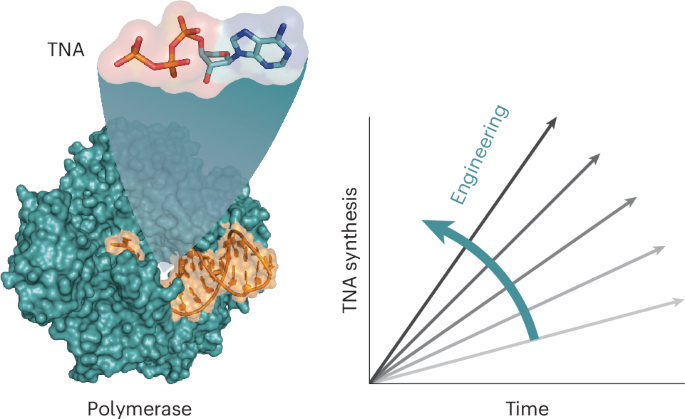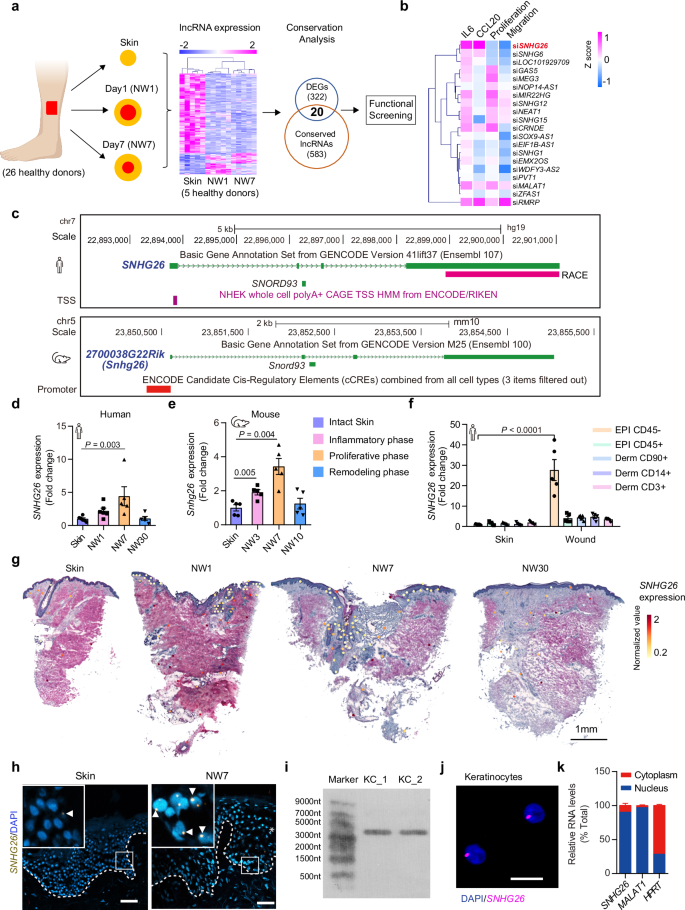2024-10-08 カリフォルニア大学校アーバイン校(UCI)
<関連情報>
- https://news.uci.edu/2024/10/08/uc-irvine-led-team-engineers-new-enzyme-to-produce-synthetic-genetic-material/
- https://www.nature.com/articles/s41929-024-01233-1
相同組換えによる高効率TNAポリメラーゼの指向的進化 Directed evolution of a highly efficient TNA polymerase achieved by homologous recombination
Victoria A. Maola,Eric J. Yik,Mohammad Hajjar,Joy J. Lee,Manuel J. Holguin,Riley N. Quijano,Kalvin K. Nguyen,Katherine L. Ho,Jenny V. Medina,Nicholas Chim & John C. Chaput
Nature Catalysis Published:01 October 2024
DOIhttps://doi.org/10.1038/s41929-024-01233-1

Abstract
Reprogramming DNA polymerases to synthesize xeno-nucleic acids (XNAs) is an important challenge that tests current enzyme engineering tools. Here we describe an evolutionary campaign aimed at generating an XNA polymerase that can efficiently make α-l-threofuranosyl nucleic acid (TNA)—an artificial genetic polymer that is recalcitrant to nucleases and resistant to acid-mediated degradation. Starting from a homologous recombination library, iterative cycles of selection were performed to traverse the fitness landscape in search of neutral mutations with increased evolutionary potential. Subsequent directed evolution of focused mutagenic libraries yielded 10–92, a newly engineered TNA polymerase that functions with a catalytic rate of ∼1 nt s-1 and >99% fidelity. A crystal structure of the closed ternary complex reveals the degree of structural change required to remodel the active site pocket for improved TNA synthesis activity. Together, these data demonstrate the importance of recombination as a strategy for evolving XNA polymerases with considerable practical value for biotechnology and medicine.

